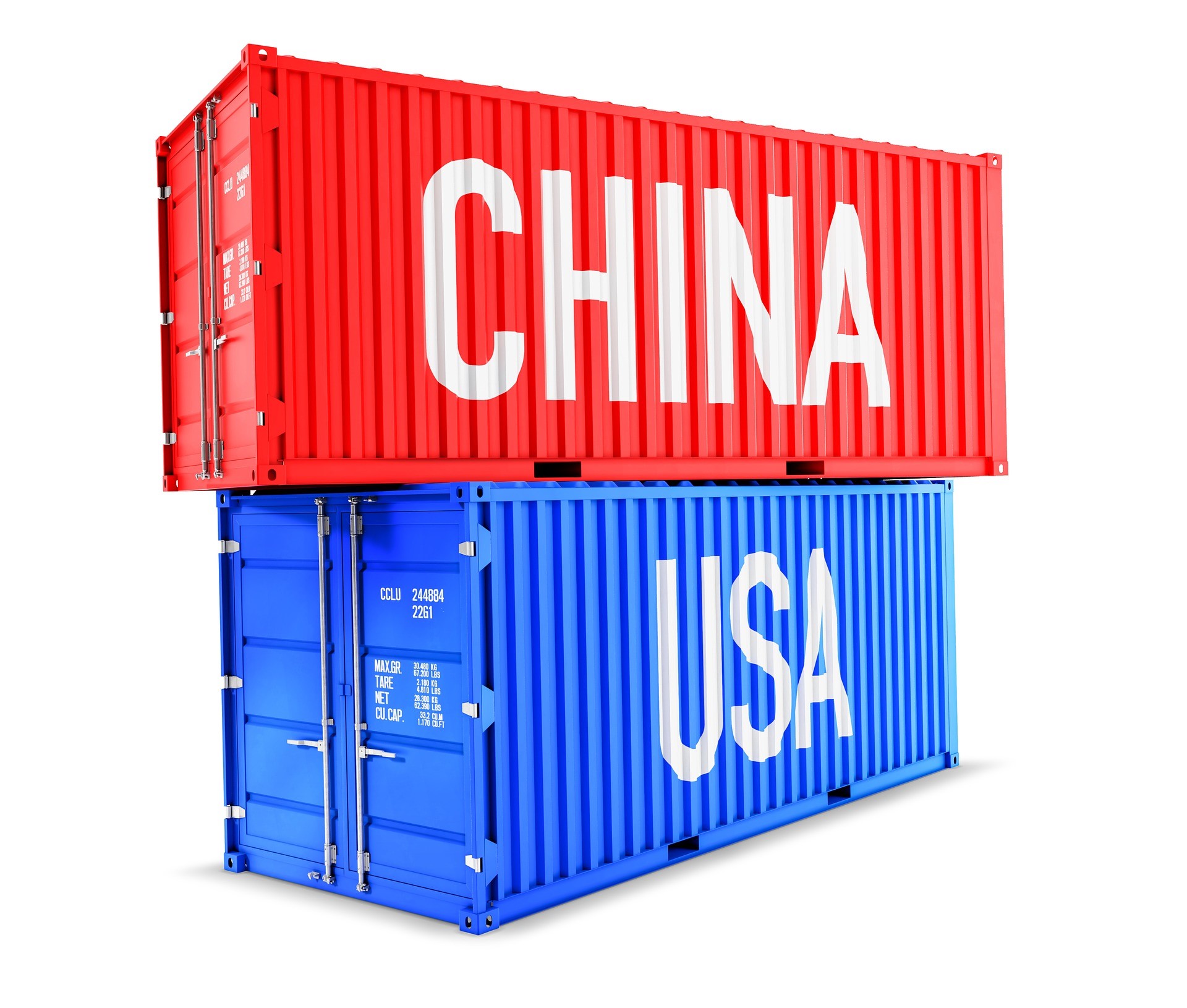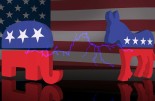AXA IM: Election outcome Taiwan might increase risk at another surge in China-US rivalry
AXA IM: Election outcome Taiwan might increase risk at another surge in China-US rivalry

There is a risk that the aftermath of the elections in Taiwan last weekend fuel another surge in the China-US rivalry which would trigger another episode of ‘trade war’ between the two countries, AXA IM Group Chief Economist and Head of Research Gilles Moëc says.
Even though Taiwan’s president-elect Lai has not explicitly advocated formal independence for Taiwan since 2017, he was seen in Beijing ahead of the election as even more reluctant to engage in concessions towards the People’s Republic than his two-term predecessor Tsai, hailing from the same party. In his victory speech he made plain his readiness to maintain dialogue with the continent, but his points on resisting 'intimidation' were unambiguous.
The fact that Lai’s party, the DPP has been able to maintain its grip on the presidency for three mandates in a row may be analyzed in Beijing as a sign that only stronger pressure will shift a reluctant Taiwanese opinion towards accepting unification. 'Fear among observers is that China would engage in economic action against Taiwan, eschewing a direct military intervention which would probably trigger a confrontation with the US, but resorting to a naval blockade. Trade and financial sanctions against Chinese products would likely be the US response,' Moëc states.
However, there is a cost for the US to decoupling from China since many substitutes may raise their export prices in exchange for stepping up production. According to Moëc, there are three good reasons to believe such costly scenario could be avoided:
1. Beijing may take comfort in the fact that Lai will be constrained in his domestic policies by the fact that the DPP has lost its majority in parliament.
2. The current domestic configuration in continental China is not conducive to taking the risk of another instalment of the trade war.
3. A purge took place in the Chinese Defence department at the end of last year, and according to US Intelligence briefings the Chinese leadership is taking the measure of corruption issues in the military, which may be another reason to avoid engaging in overly aggressive action.
A polycrisis scenario – with higher energy prices and supply line disruptions next to an escalation of the US/China trade war – would be particularly toxic because it is unclear how central banks could react in such configuration when both energy and core inflation would be likely to rise.
'For now we want to keep it as an alternative narrative, without altering our central scenario. Yet, the return of these issues should be another reason to be cautious on the future trajectory of inflation in the US, when some signs of downward resistance are emerging, and hence on how speedily monetary policy can start removing restriction,' Moëc concludes.








